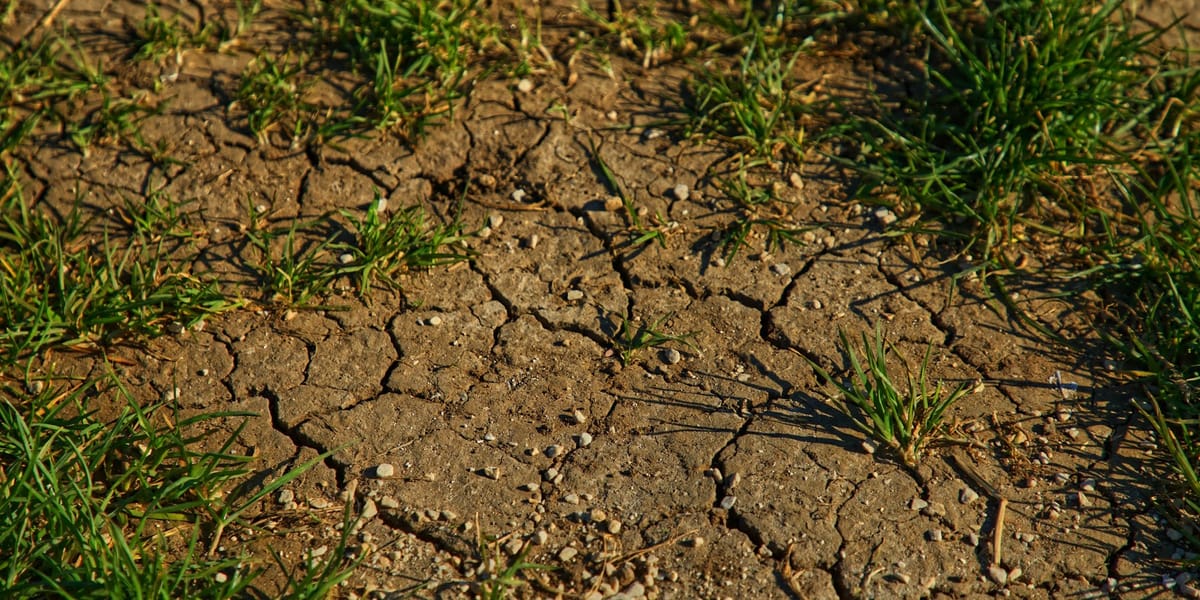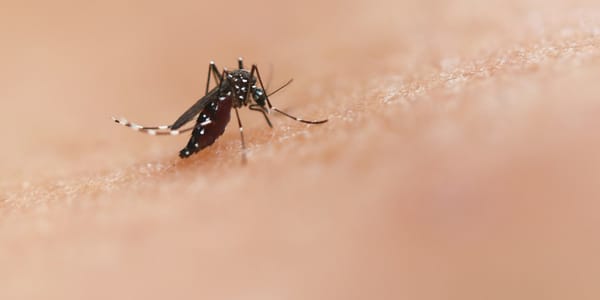Soil Health: The Bedrock of One Health and Planetary Health

Soil health, often overlooked in mainstream conversations, is the bedrock upon which human, animal, and environmental health depend. It is a critical aspect of both One Health and Planetary Health initiatives, which emphasize the interconnectedness of these three domains. Current agricultural practices, however, are detrimentally impacting soil health, with cascading effects on human and environmental well-being. This article explores the intimate link between soil health and these two initiatives, highlighting the potential of regenerative agriculture as a solution.
One Health and Planetary Health: A Shared Vision
One Health and Planetary Health share a common vision: recognizing the interdependence of human, animal, and environmental health. One Health primarily focuses on addressing zoonotic diseases—infectious diseases transmitted from animals to humans—while Planetary Health expands this scope to consider the broader impact of human activity on the planet.
Both initiatives acknowledge the importance of soil health, but action plans often lack a concrete focus on its improvement. This article argues for the integration of regenerative agriculture into these frameworks as a means of bridging this gap.
Regenerative Agriculture: A Pathway to Soil Regeneration
Regenerative agriculture is a holistic approach to farming that prioritizes the restoration and enhancement of soil health. It emphasizes minimizing mechanical and chemical disturbances to the soil, incorporating organic matter, and cultivating a diverse range of crops. These practices have been shown to yield numerous benefits, including improved soil fertility, reduced risk of soil-borne pathogens, and increased biodiversity.
One Health: The Human-Soil Connection
Regenerative agriculture can directly enhance human health by reducing exposure to harmful pathogens. Practices such as composting can effectively break down pathogens present in manure, while healthy soils foster the growth of beneficial microbes that can suppress harmful ones.
Furthermore, soil health plays a crucial role in animal health. Animals raised on pastures with healthy soils are less likely to encounter harmful pathogens. Regenerative agriculture can also help to reduce the reliance on antibiotics in livestock production, thus mitigating the spread of antibiotic-resistant bacteria.
Planetary Health: The Soil-Environment Nexus
Planetary health initiatives are inherently concerned with environmental sustainability. Regenerative agriculture contributes to this goal by reducing greenhouse gas emissions and improving air and water quality. Healthy soils act as carbon sinks, sequestering carbon dioxide from the atmosphere and mitigating climate change.
Integrating Soil Health into One Health and Planetary Health Initiatives
Incorporating soil health into One Health and Planetary Health frameworks is not merely an option, but a necessity. Regenerative agriculture provides a comprehensive set of practices that can revitalize soil health, leading to a cascade of benefits for human, animal, and environmental health.
Key Takeaways
- Soil health is a fundamental pillar of One Health and Planetary Health initiatives.
- Regenerative agriculture offers a proven pathway to soil restoration and enhancement.
- Regenerative agriculture benefits human health, animal health, and environmental health.
- One Health and Planetary Health initiatives should prioritize the integration of soil health into their frameworks.
Sources
- Montgomery, D. R., Rabinowitz, P., Sipos, Y., & Wheat, E. E. (2024). Soil health: A common focus for One Health and Planetary Health interventions. One Health.
- Montgomery, D. R. (2018). Growing a Revolution: Bringing Our Soil Back to Life. W. W. Norton Company.
- Correia, T.C., Daniel-Ribeiro, C.T., & Ferrinho, P. (2021). Calling for a Planetary and One Health vision for global health. One Health, 13(100342).
- Schreefel, L., Schulte, R.P.O., de Boer, I.J.M., & Schrijver, A.P. (2020). Regenerative agriculture – the soil is the base. Global Food Security, 26, 100404.
- Dominguez, J., Aira, M., Crandall, K.A., & Perez-Losada, M. (2021). Earthworms drastically change fungal and bacterial communities during vermicomposting of sewage sludge. Scientific Reports, 11(1), 15556.



